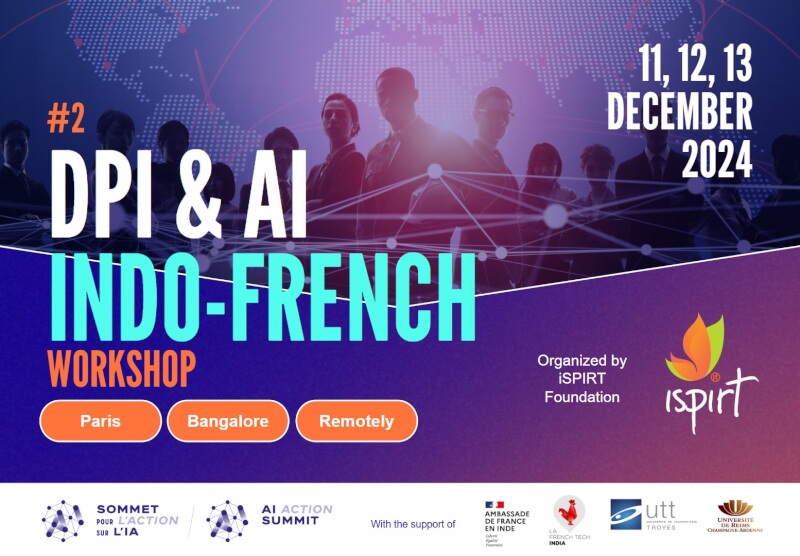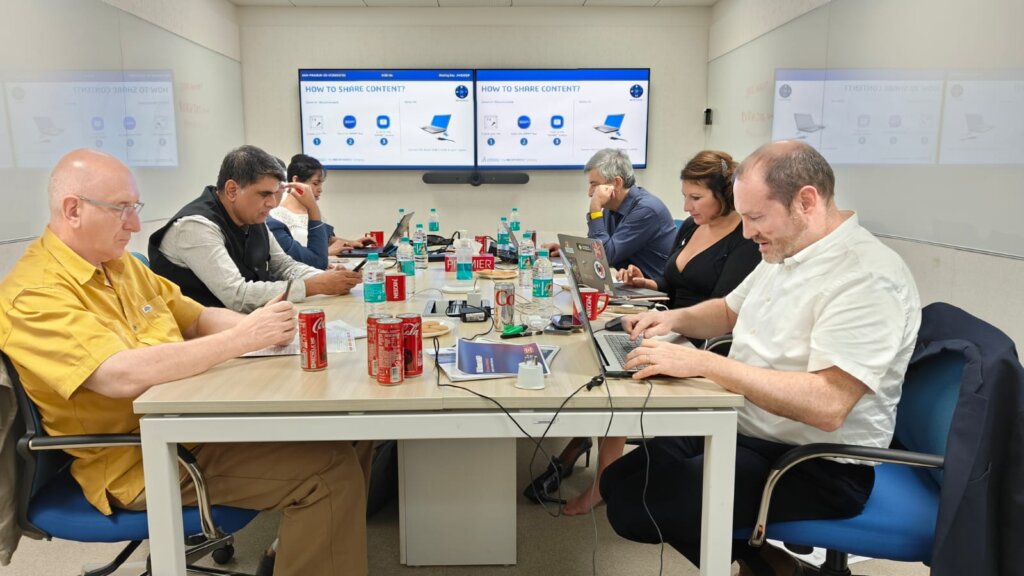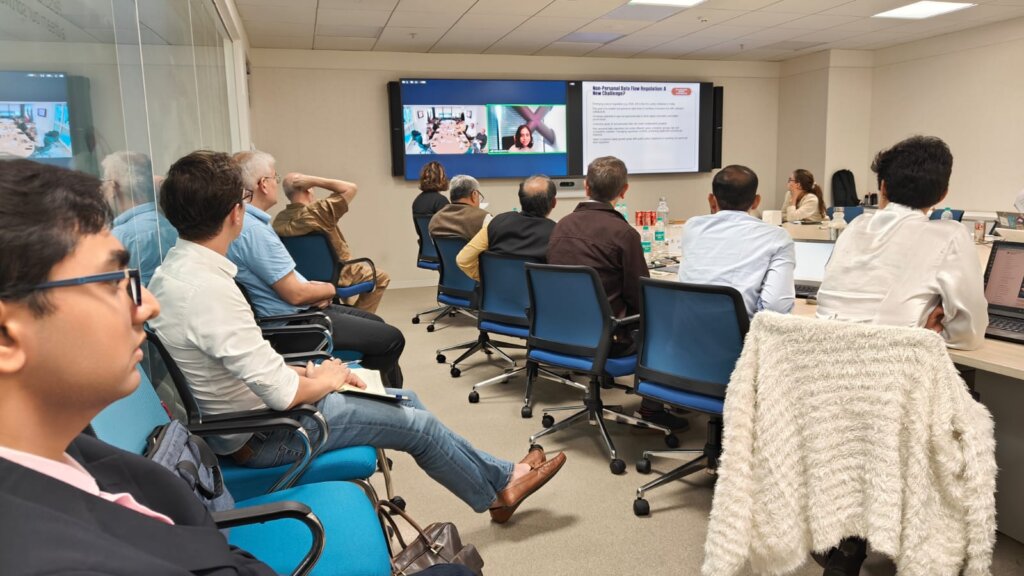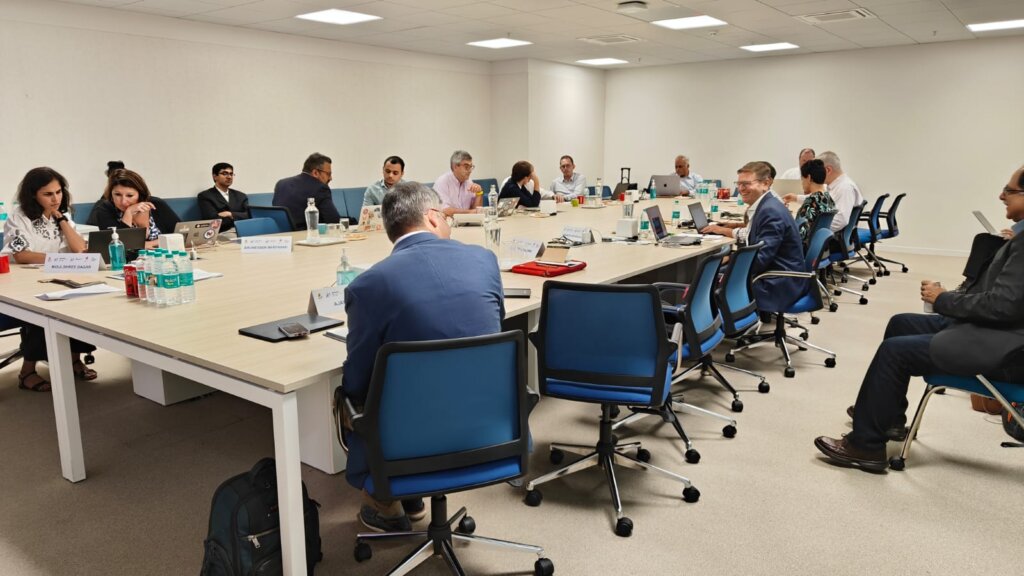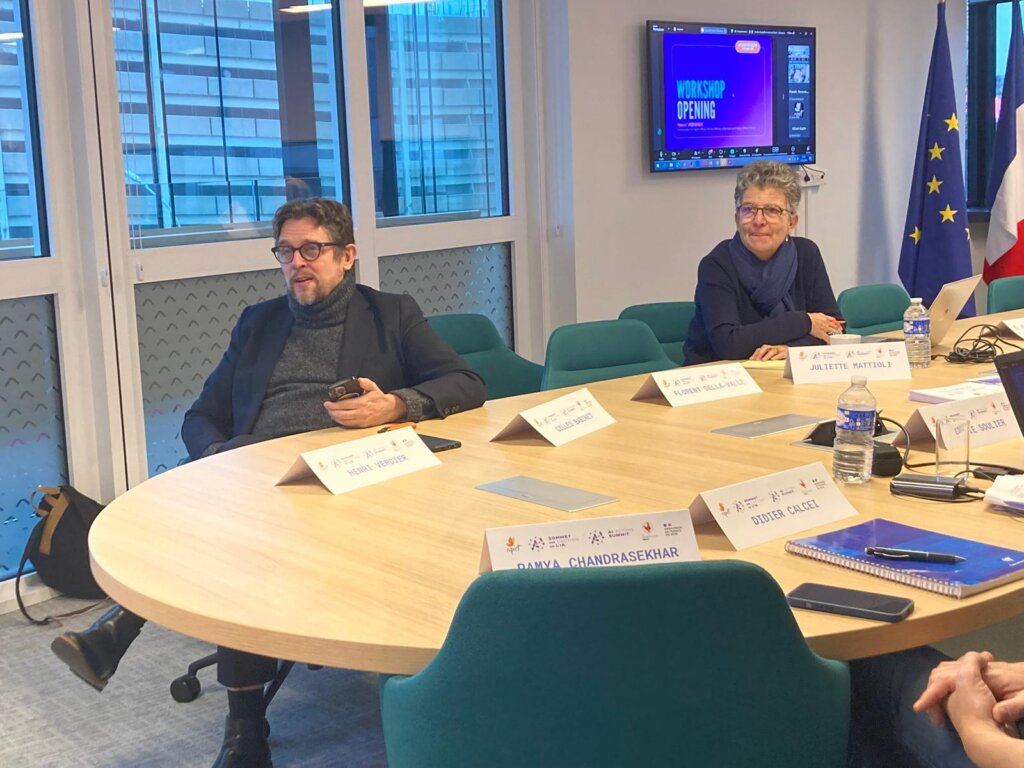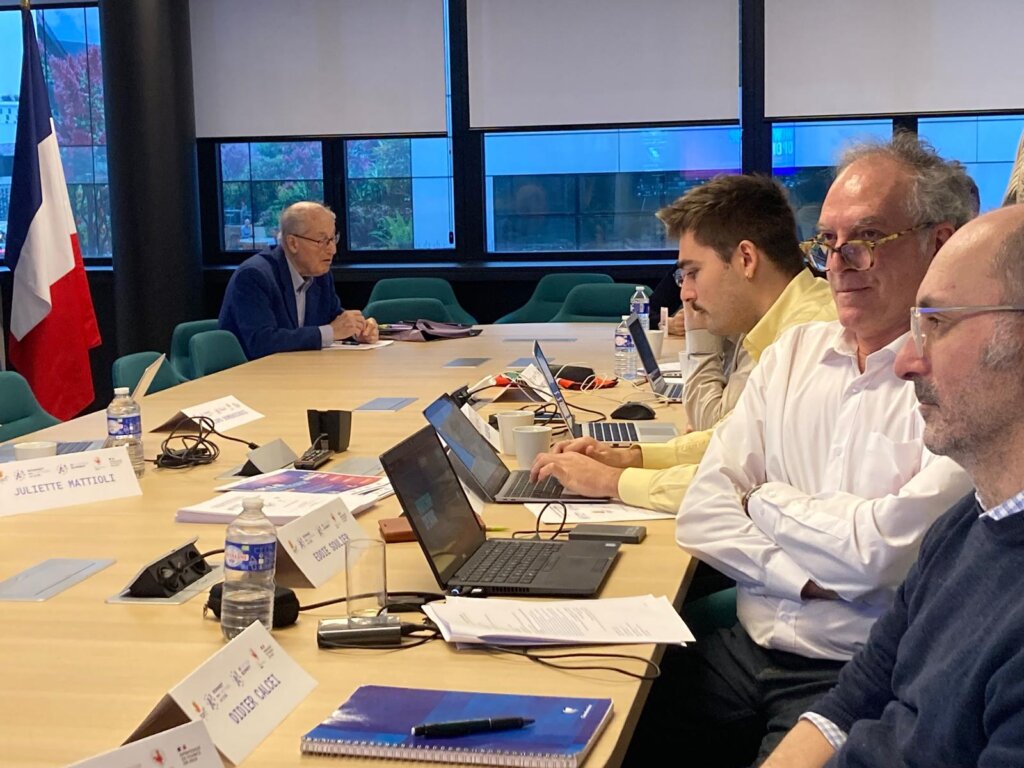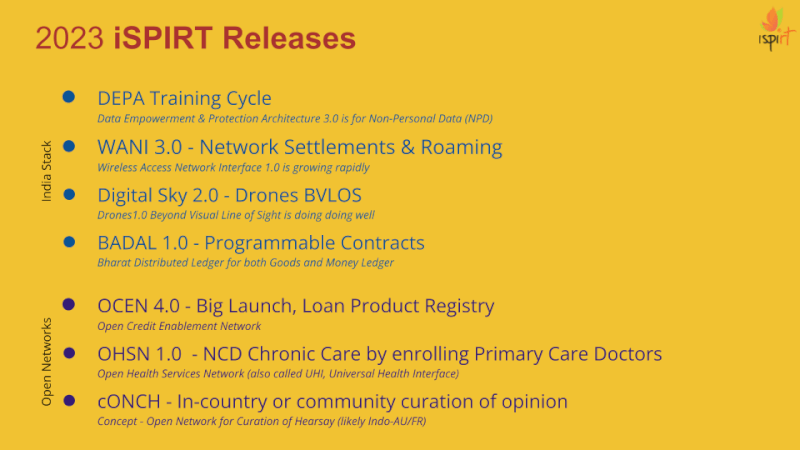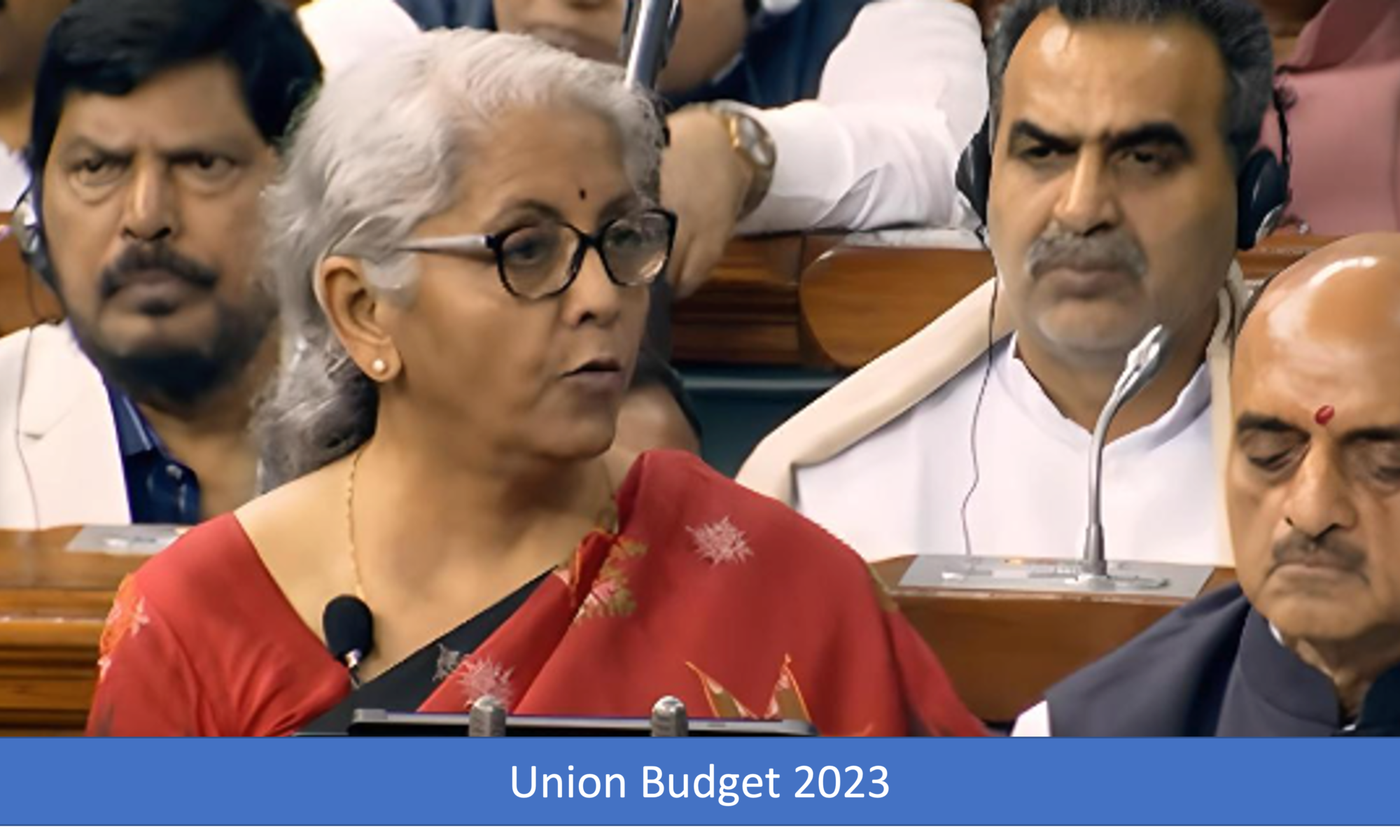iSPIRT Foundation, a technology think-and-do tank, believes India’s hard problems can be solved only by leveraging public technology for private innovation. iSPIRT, as a think-and-do-tank, pioneered the concept of Digital Public Infrastructure (DPI)
Industry watched and waited to see if this budget will have bold, strategic announcements with long-term vision, aiming for Viksit Bharat 2047. Instead the budget has become more a tactical prescription for handling short-term economic correction.
Three themes capture our attention in the 2025 budget: The Investment in Innovation, Regulatory Reforms and MSME Credit.
Given our Product Nation initiative at iSPIRT, we were looking for bold steps in two major areas: Private sector R&D funding and Ease of Doing Business.
The funding for R&D made incremental progress in this budget. Under the theme ‘Investing in Innovation” the Finance Minister announced Rs. 20,000 Crore to be allocated from the policy announcement of 1 Lakh Crore made in previous budgets. There is no major decision or clarity on how this funding will be routed. In addition, intent is expressed to explore a Deep-Tech fund in the future.
Similarly two welcome announcements towards achieving strategic autonomy are, an outlay for 20,000 crore to develop Small Modular Reactors (SMR) and operationalise at least five indigenously developed SMRs by 2033 and, a National Geospatial Mission to develop foundational geospatial infrastructure and data.
There is a marked improvement in intent to solve the Ease of Doing Business (EoDB) problem in the budget made evident by yesterday’s Economic Survey.
We have been pursuing the Government of India (GOI) on EoDB to implement a comprehensive three-pronged approach, to bring India into the top 5 or 10 EoDB countries. This includes decriminalising 1200 provisions; rationalising multiple laws and implementing a National Regulatory Compliance grid at the center and then extending it to states. Our approach gels with the “Whole of Nation” thinking given by the Honorable Prime Minister.
The GOI appears to reflect this thinking in the statement, “A light-touch regulatory framework based on principles and trust will unleash productivity and employment. Through this framework, we will update regulations that were made under old laws. To develop this modern, flexible, people-friendly, and trust-based regulatory framework appropriate for the twenty-first century…”.
However, the specific action of forming a High-Level Committee for regulatory reforms that “will be set up for a review of all non-financial sector regulations, certifications, licenses, and permissions”, is welcome but appears to be incremental in nature and a slow-moving approach.
The Janvishwas 2.0 announcement has also been repeated stating 100 items to be taken up instead of 1200 reported by us.
Sudhir Singh, iSPIRT’s policy expert volunteer said, “The concept of digital transformation through National Regulatory Compliance Grid (NRCG) has been ignored in the budget. However, another idea of “Digital Port”, pursued by iSPIRT for more than two years now, on digital transformation of cross border trade has received attention and GoI seems to have framed it as ‘BharatTradeNet’ in the budget 2025.”
The budget speech states, “a digital public infrastructure, ‘BharatTradeNet’ (BTN) for international trade will be set-up as a unified platform for trade documentation and financing solutions”. This indeed is an important and welcome announcement.
The Finance Ministry’s move to separate R&D funding and Startup funding is encouraging. The startup-related announcements reflect the government’s continued support to startups.
The government has taken several steps to boost credit enablement for SME and Nano enterprises, a significant part of Priority Sector Lending. Some good announcements were made such as the Kisan Credit Card (KCC) limit increasing from INR 3 lakh to 5 lakh, which in three states – Karnataka, Maharashtra and Uttar Pradesh – is based on Open Credit Enablement Network (OCEN), an initiative of iSPIRT. Other welcome announcements include an increase in credit guarantee cover for MSMEs from INR 5 crores to 10 crores, introduction of customized credit cards for MSMEs, and capital infusion into select public sector banks.
A new Fund-of-Funds with a fresh contribution of another 10,000 crore has been announced. It is encouraging to see the time limit for u/s 80-IAC to avail income tax exemption benefit for startups has been extended by 5 years to 01.04.2030. Another announcement of interest for startups is an extension of credit credit availability with a guaranteed cover of INR 10 crores to 20 crores, with the guarantee fee being moderated to 1 per cent for loans in 27 focus sectors important for Atmanirbhar Bharat.
iSPIRT cofounder Sharad Sharma said, “It is heartening to see private sector R&D funding rolling out with a 20,000 crore fund allocation. Formation of Ease of Doing Business (EoDB) committee is also welcome. However, there is a need to take big moves and expedite these steps to meet 2047 deadlines. BharatTradeNet is a welcome announcement and we hope there will be a thorough and transparent industry consultation on it. Overall we are missing bold and specific actions on Strategic Autonomy and Product Nation. “
About iSPIRT Foundation – We are a non-profit think-and-do tank that builds public goods for Indian product startups to thrive and grow. iSPIRT aims to do what DARPA or Stanford University did in Silicon Valley for startups. iSPIRT builds four types of public goods – technology building blocks (aka India Stack), startup-friendly policies, market access programs like M&A Connect, and Playbooks that codify scarce tacit knowledge for product entrepreneurs of India. For more, visit www.ispirt.in.
For further queries please reach out via email: tanuvi@ispirt.in , amit@ispirt.in , or regina@ispirt.in



